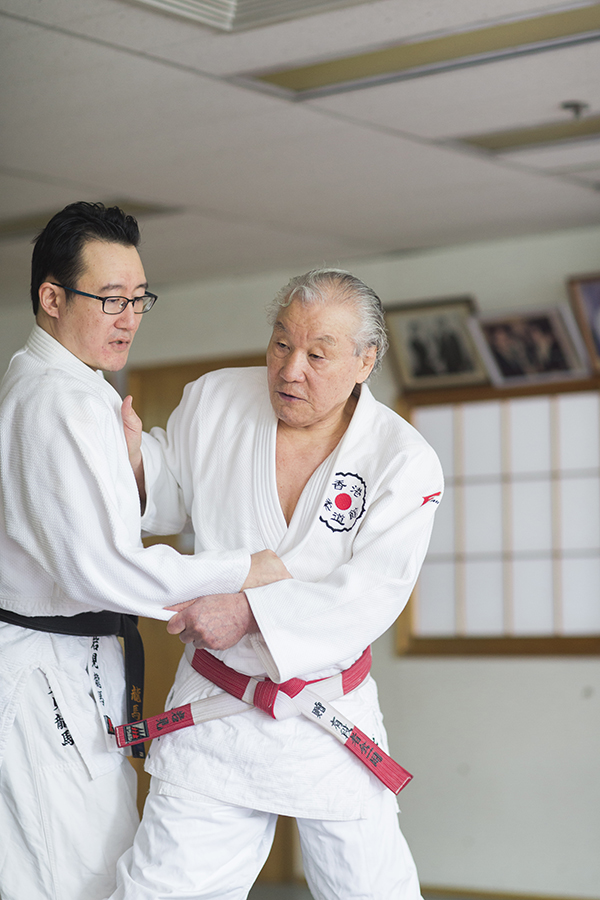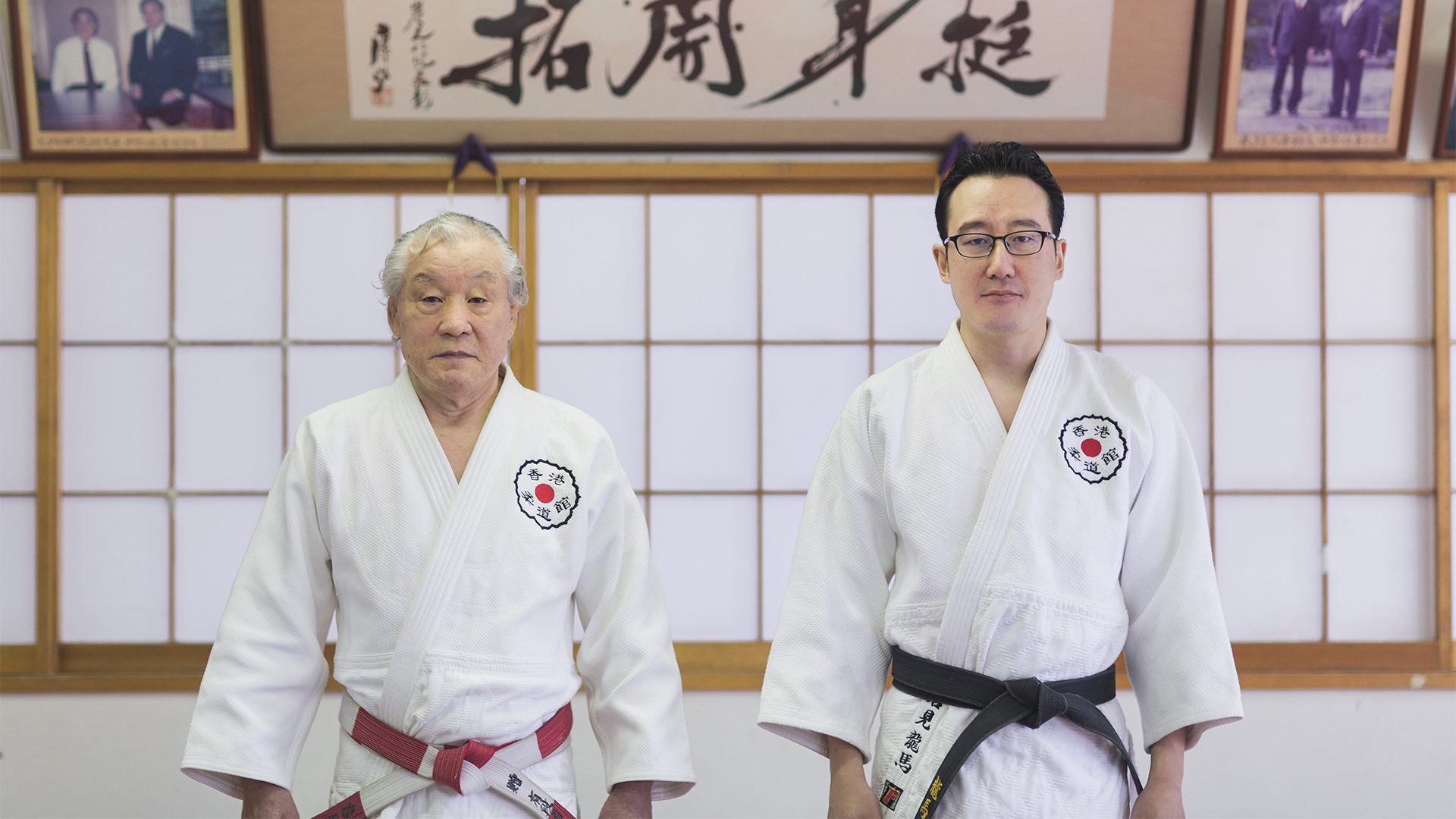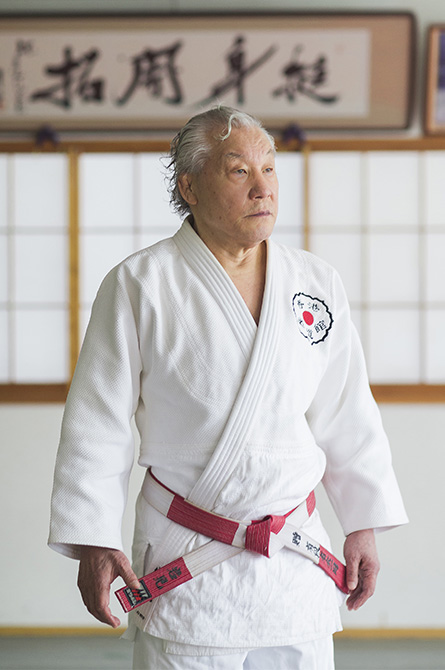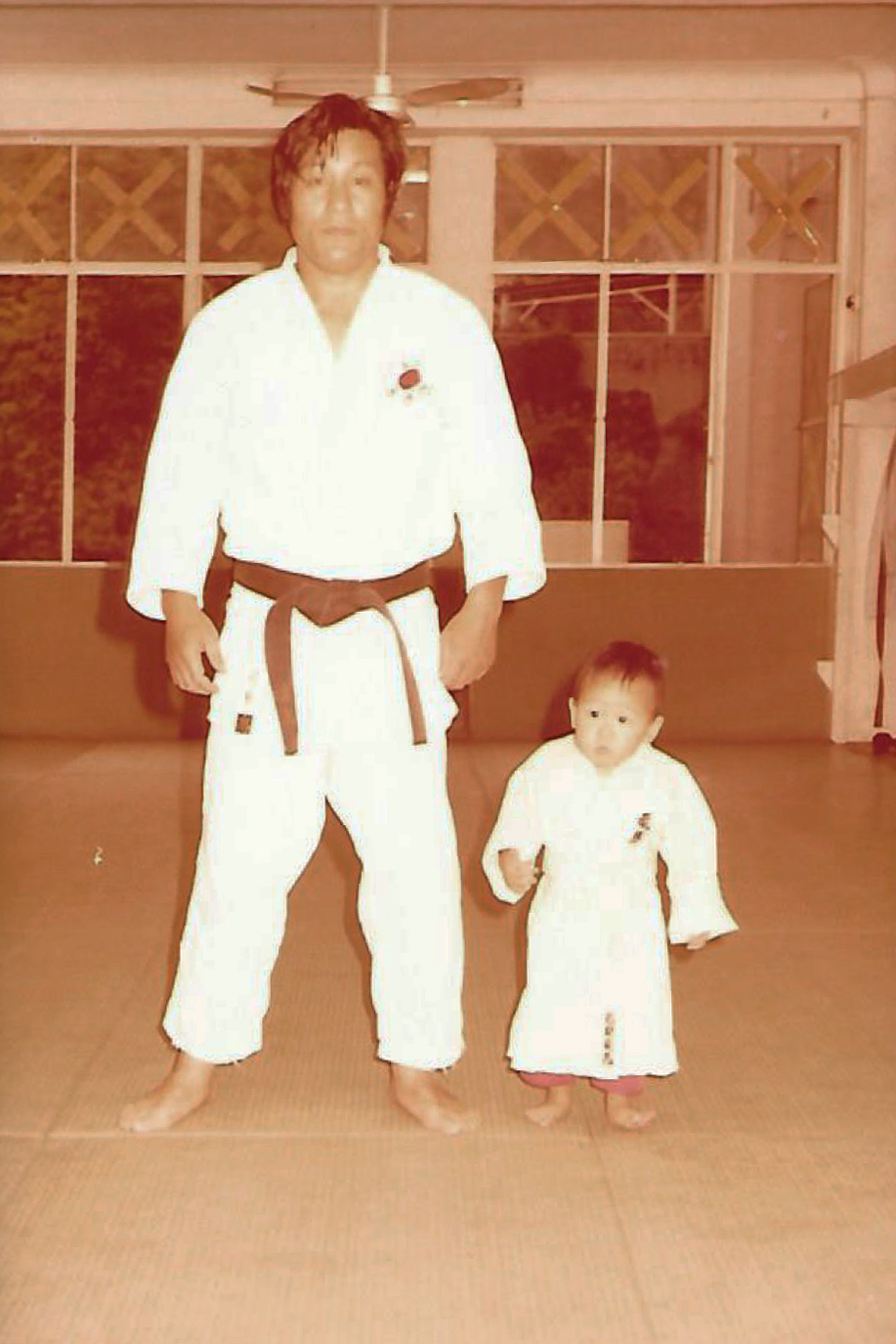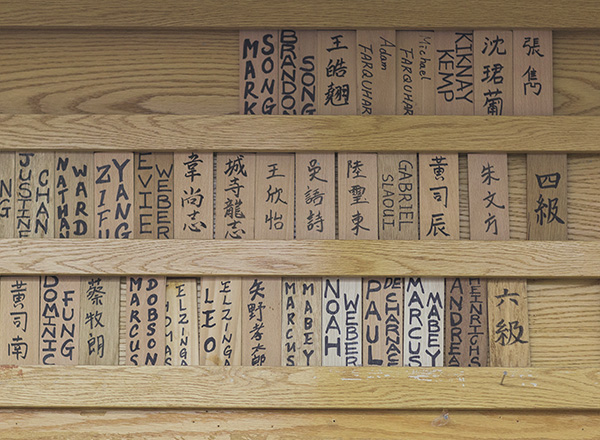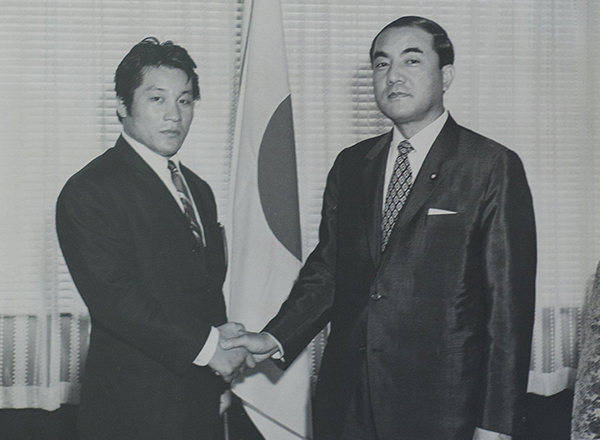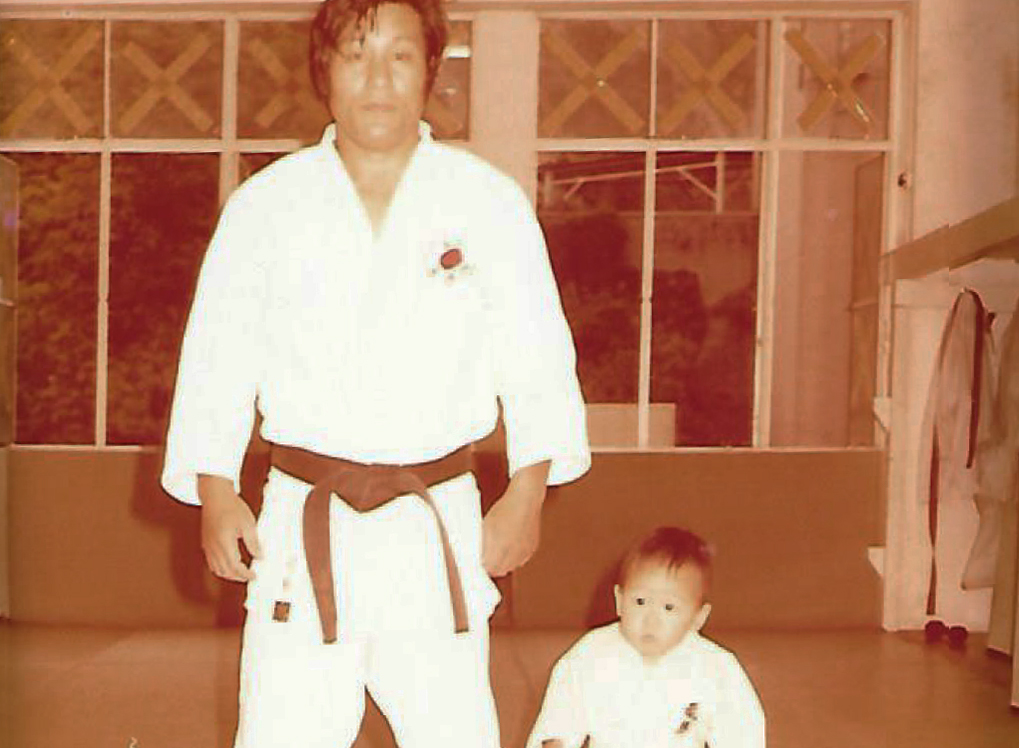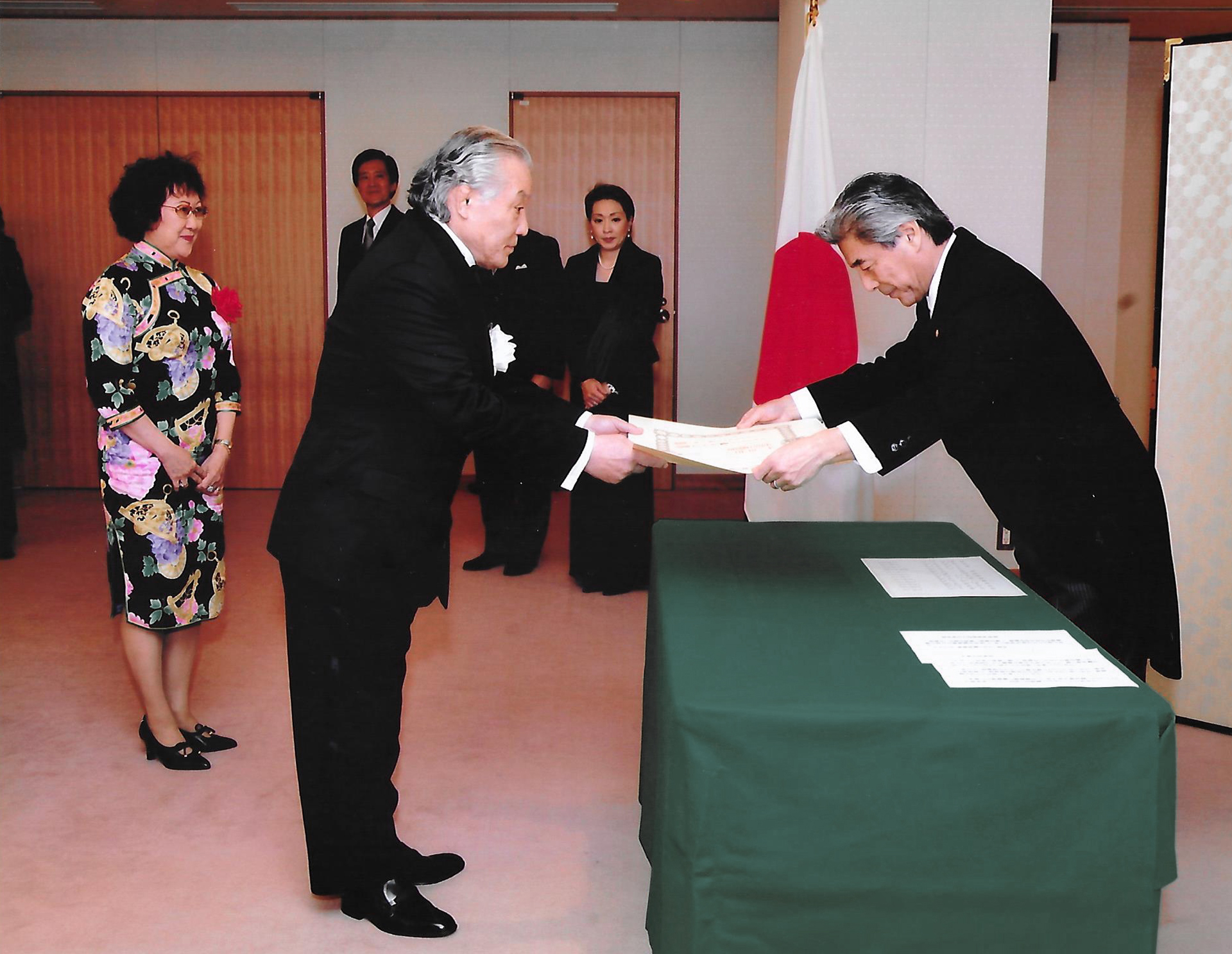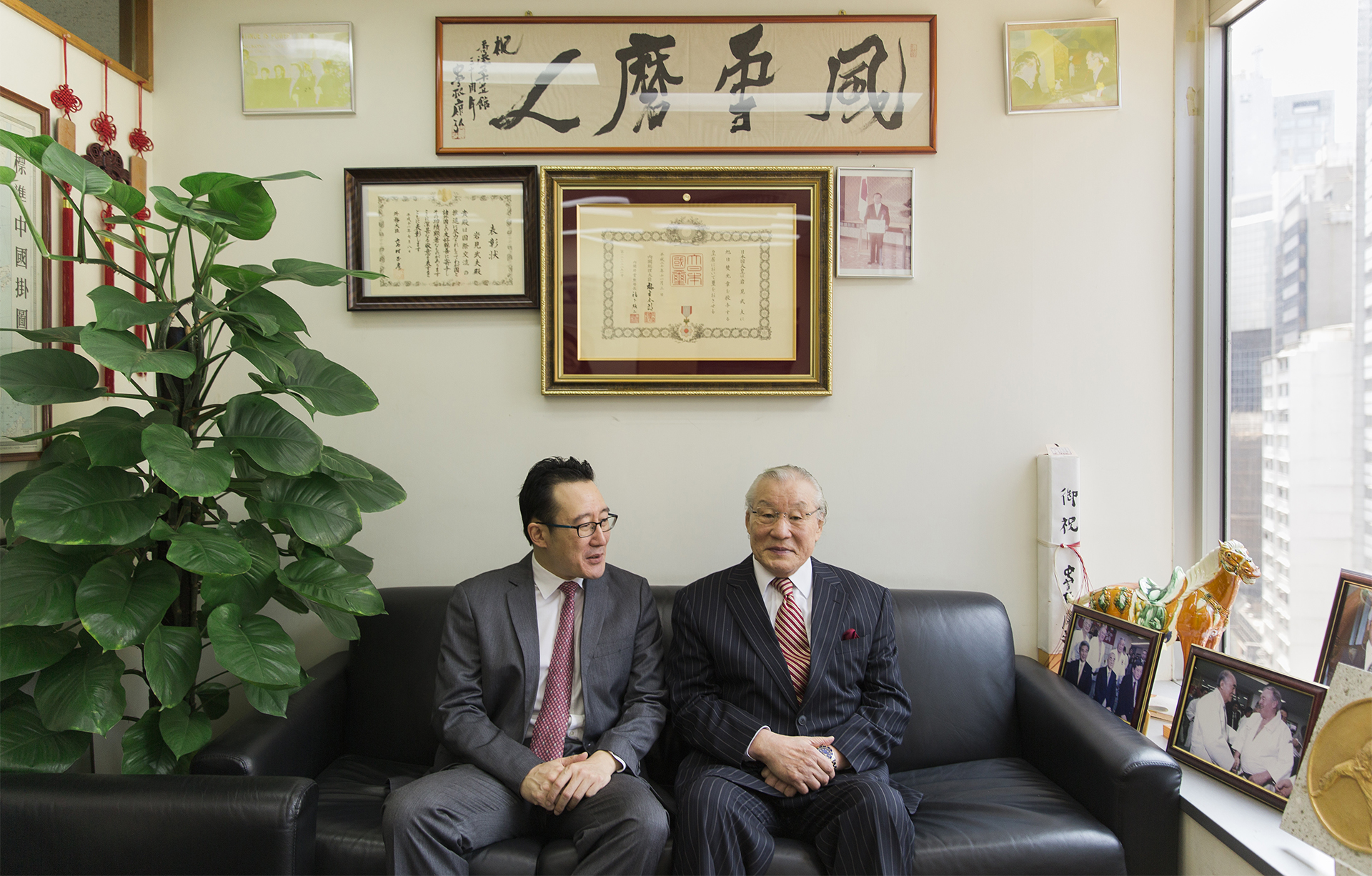“Judo is about discipline, respect and dignity. There’s less hitting than in other martial arts.”
Hong Kong Judo Kan is still in Causeway Bay, where Ryuma and his parents teach a wide range of students. “The dojo is a very international place. I would say the proportion is half French students, 20% Japanese, 25% Hong Kong Chinese and the rest are Caucasians from different countries,” he explains. “We speak English in the dojo.” Outside of Japan, judo is very popular in France and Ryuma surmises that it’s possibly more so than in Japan.
“We have around 70 students who are children and 70 who are adults. We accept people from all skill levels, too,” says Ryuma. For him, judo’s value lies in the regimen it teaches anyone, of any age. “Judo is about discipline, respect and dignity. There’s less hitting than in other martial arts, and you don’t get bruises that much as it’s more self-defence tactics where you throw and lock people. You will have to learn to fall, for example – judo helps you learn how to fall without getting hurt or banging your head.”
In 2008, after his family’s many years of dedication, Takeo was conferred with “The Order of the Rising Sun, Gold and Silver Rays” by the Emperor of Japan, which was presented to him by the then Minister for Foreign Affairs, Hirofumi Nakasone.
“It is a huge honour,” says Ryuma. The award recognised his efforts in promoting the relationship between Hong Kong and Japan through judo – Takeo’s objective when he arrived in Hong Kong over half a century ago.
